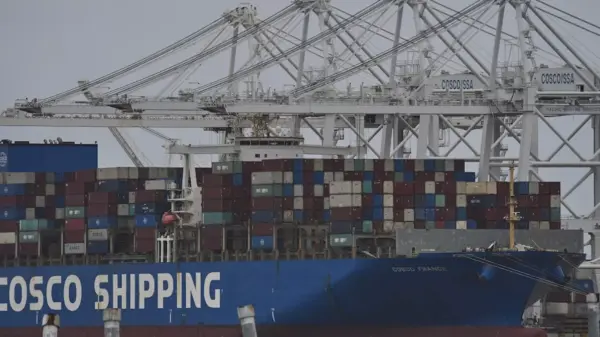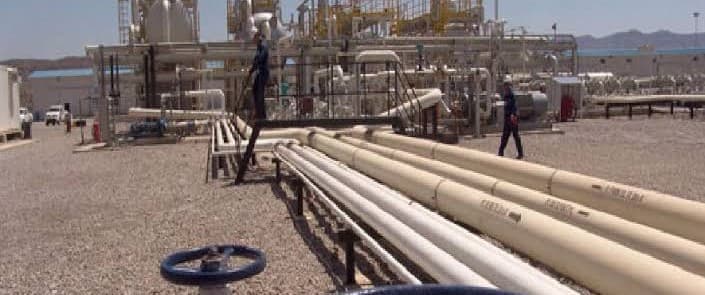The U.S. and United Kingdom are intensifying efforts to secure their strategic footholds in Syria and Libya, capitalizing on Russia’s preoccupation with the ongoing conflict in Ukraine. This renewed focus comes as both nations aim to prevent Moscow from re-establishing its influence in regions critical to their geopolitical interests.
In the past, the U.S. and U.K. played pivotal roles in the ousting of long-standing leaders, notably Muammar Gaddafi in Libya in 2011 and Bashar al-Assad in Syria in 2024. Lessons learned from these interventions have informed current strategies, emphasizing the importance of establishing economic stability post-regime change. By doing so, they aim to mitigate the risks of mass migration, secure energy resources, and restrict the expansion of rivals like Russia and China.
Recent weeks have highlighted significant moves by Washington and London to reinforce their position. In early July, the U.S. lifted sanctions on Syria’s Ministry of Oil and Mineral Resources, along with major refineries and the General Authority for Maritime Transport. These actions, following the removal of broader sanctions, are designed to rejuvenate Syria’s oil and gas sector, which has the potential to stabilize its economy.
Before the civil war began in March 2011, Syria was a notable oil producer, generating approximately 400,000 barrels per day from reserves estimated at 2.5 billion barrels. European nations imported over $3 billion worth of Syrian oil annually, with significant volumes processed by refineries in Germany, Italy, and France. The lifting of sanctions aims to facilitate a return to this economic activity, promoting a “stable, unified and peaceful” Syria.
The situation in Libya mirrors this strategic ambition. Following Gaddafi’s removal, the country’s oil production capacity was around 1.65 million barrels per day, primarily producing high-quality light crude. Despite political instability hindering control over resources, the National Oil Corporation (NOC) remains a key player, with substantial international interest in its operations.
In September 2023, General Khalifa Haftar, leader of the Libyan National Army, met with Russian President Vladimir Putin to discuss military support and cooperation. This reflects ongoing attempts by Russia to maintain influence in Libya despite the chaotic political landscape, which has been described as a “mafia state” by former U.N. envoy Abdoulaye Bathily.
British firms have recently taken a leading role in Libya’s energy sector, with BP and Shell signing agreements to enhance oil and gas production. BP announced plans on July 8 to explore options for redeveloping key fields in the Sirte Basin, aiming to boost output significantly. Shell is also pursuing opportunities to develop new assets, demonstrating a renewed commitment to Libya’s energy landscape.
In addition, U.S. companies such as Baker Hughes and Hunt Energy are gearing up to revitalize Syria’s energy sector post-sanction removal, focusing on regions under the control of the new Syrian government. This collaboration is seen as a strategic effort to outpace Russian influence in the oil and gas markets of both nations.
With these developments, the U.S. and U.K. are strategically positioned to minimize Russian and Chinese influence in Syria and Libya. As they work to stabilize these nations economically and politically, the geopolitical landscape in the Middle East and North Africa may see significant shifts in the coming years. The outcomes of these interventions will play a crucial role in shaping the region’s future.






































































